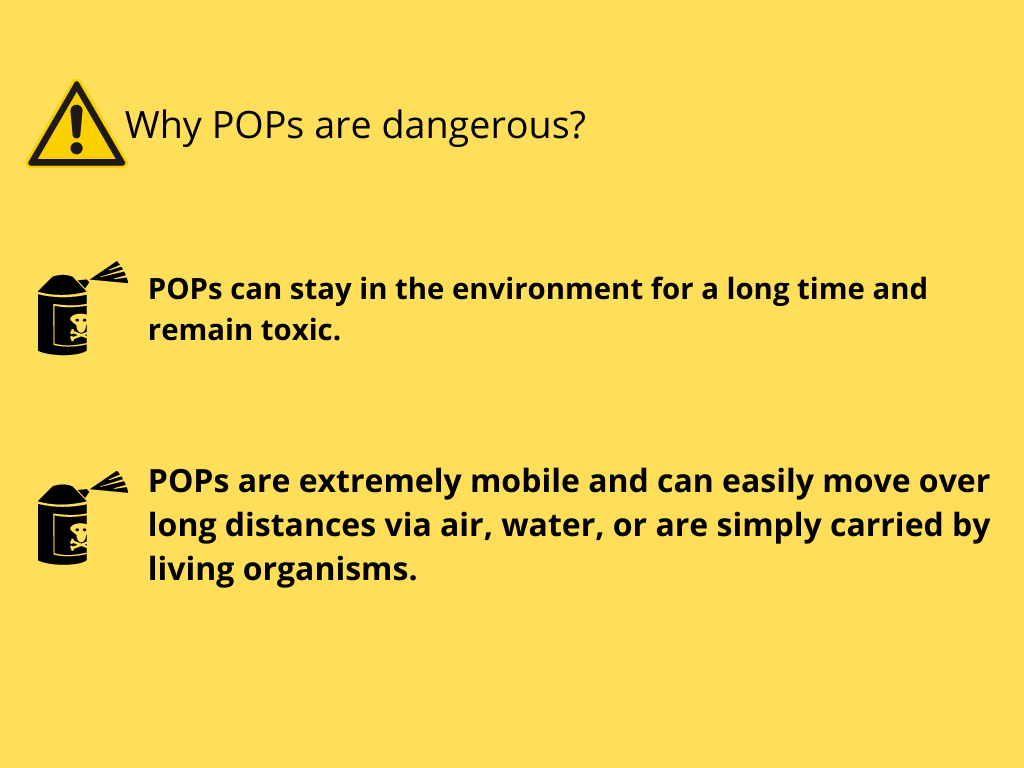Photo: Project "Sustainable Management of Persistent Organic Pollutants and Chemicals in the Republic of Belarus, GEF-6"
Earth Day, celebrated all over the world on 22 April, coincides with the day of the spring equinox, when the biological rhythm of the planet changes, nature awakens and renews itself after winter. We appreciate this moment to reiterate the importance of preserving and protecting the planet for the well-being of people and nature.
Belarus contributes significantly to ensure that the nature of the country remains healthy and clean, as well as a safe environment for people. The United Nations Development Program (UNDP) in Belarus has teamed up with the national Ministry of Natural Resources and Environmental to find the optimal solutions for the safe disposal and sustainable management of persistent organic pollutants (POPs) and chemicals.
For those not specialized in the matter it will probably be quite challenging to answer questions about what POPs are and about their threat to human health and the environment.
Today the problem of the environmental pollution caused by POPs is relevant worldwide and remains so for Belarus. POPs are fraught with grave risks for human health and the well-being of the environment.
How POPs affect living organisms, including humans?
- In animals and humans, POPs accumulate mainly in adipose tissue, from where they can have a detrimental effect on the body during the whole life cycle.
- The consequences of POPs intoxication include malformations in children, oncological diseases, damage to endocrine, immune and nervous systems.
Considering the widespread use of POPs in industry and agriculture around the world in the past and the accumulated reserves of such substances, this problem must be addressed at the global level. To tackle POPs, it is of paramount importance to unite the efforts of partners at local, national and international levels to eliminate these hazardous substances, halt or reduce to a minimum the production of new pollutants. To accomplish it, on 22 May, 2001, the Stockholm Convention on Persistent Organic Pollutants was adopted. Belarus acceded to the Convention in 2004.
The volumes of obsolete pesticides stored in the republic are currently estimated to reach more than 10 000 tons, and the total weight of PCB-containing equipment exceeds 3,000 tons.
Today Belarus is tackling the problem of POPs by addressing the following issues:
- Repackaging and taking abroad obsolete pesticides for further safe disposal.
- Inspection and further liquidation of dumps of obsolete pesticides.
- Preparation of PCB-containing capacitors for further disposal of obsolete pesticides outside Belarus.
It is here thatcountry benefits from the joint project run by the Ministry of Natural Resources and Environmental Protection of the Republic of Belarus and UNDP called “GEF-6 Belarus POPs Legacy and Sustainable Chemicals Management”, which is funded by the Global Environment Facility (GEF). The project coordinates and conducts work on the elimination of existing stocks of POPs and enhances capacity in the field of sustainable management of POPs within the framework of the environmentally sound management of chemicals in Belarus.
Repackaging and taking out abroad obsolete pesticides.
At the end of 2021, about 100 tons of obsolete pesticides were repacked and taken out of warehouses in the Vitebsk and Grodno regions outside of Belarus. By now they have been rendered harmless. Another 40 tons of liquid and bulk obsolete pesticides were removed from a warehouse in the Novogrudok district of the Grodno region in April 2022. The next step is the removal of 80 tons of such waste, which will lead to the Grodno region being completely cleared of obsolete pesticides.
What the project will do next includes clear warehouses in the Minsk region, where about 500 tons of obsolete pesticides are stored, as well as remove and destroy safely more than 87% (more than 1000 tons) of decommissioned PCB-containing capacitors located in Belarus.
Elimination of obsolete pesticides stockpiles.
There are five dumping sites of obsolete pesticides in Belarus. Created back in the 70-80s of the last century, they contain more than 4 100 obsolete pesticides. Currently, the largest of them – Petrikovsky, Gorodoksky and Postavsky – have been scrutinized in detailed surveys. Soil samples were taken in the territories, an analysis of the impact of each pesticide dump on the environment was carried out, and the rate of spread of pesticides in groundwater was calculated.
The results of the surveys allowed to make plans to eliminate these dumps. In 2022, the remaining two storages, Dribinskoye and Verkhnedvinskoye, are expected to be examined.

 Locations
Locations









